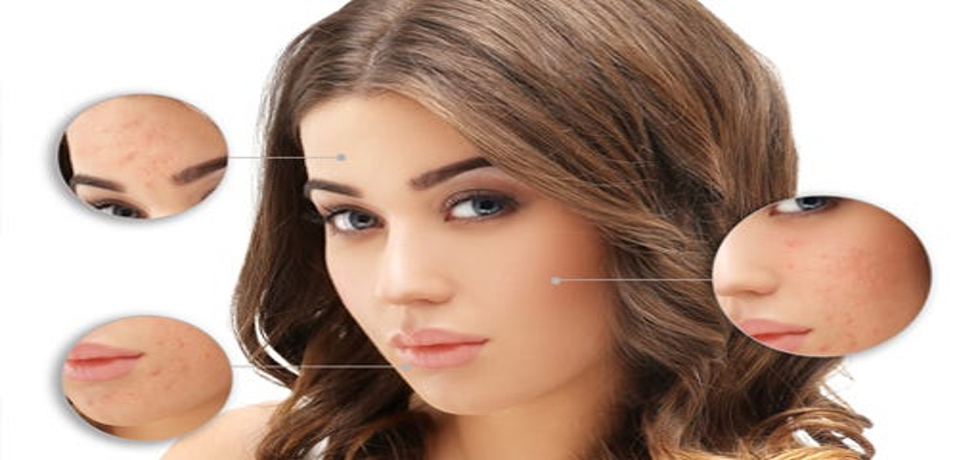
Demystifying Post Inflammatory Hyperpigmentation: A Comprehensive Guide
Introduction to Post Inflammatory Hyperpigmentation (PIH)
Post Inflammatory Hyperpigmentation (PIH) is a common skin condition that arises as a result of inflammation or injury to the skin. It can appear as dark spots or discoloration on various parts of the body, predominantly the face. In this guide, we will unravel the complexities of PIH, discussing its causes, symptoms, and effective treatment options suited for Indian skin. Understanding this condition is essential for anyone dealing with skin issues, especially those prone to acne or other inflammatory skin disorders.
What Causes Post Inflammatory Hyperpigmentation?
PIH occurs when the skin experiences damage or inflammation, triggering the melanocytescells responsible for melanin productionto overproduce pigment. This often happens after skin trauma, such as acne breakouts, sunburns, or aesthetic procedures like chemical peels and laser therapy. Prolonged sun exposure can exacerbate the darkening of these spots, making it crucial to protect your skin with sunscreen, particularly if you are at risk of hyperpigmentation.
Identifying the Signs and Triggers of PIH
Post Inflammatory Hyperpigmentation can manifest as flat spots of varying colors, ranging from pink to dark brown or black, depending on skin tone. Those with darker skin tones may experience more noticeable and persistent discolorations. Common triggers include inflammatory skin conditions like acne, eczema, and even certain skincare treatments. If youre someone who often struggles with skin irritations, it’s essential to be mindful of how you treat your skin and the products you use.
How is Post Inflammatory Hyperpigmentation Diagnosed?
Diagnosis of PIH typically involves a thorough examination by a dermatologist. In some cases, further assessments, like skin biopsies, may be necessary to confirm the diagnosis and rule out other skin disorders. It’s always a good idea to consult with a skin specialist to determine the best approach for your specific case, ensuring that you receive appropriate care tailored to your skin type and concerns.
Effective Treatments for Post Inflammatory Hyperpigmentation
Fortunately, there are many effective hyperpigmentation treatment options available. A daily regimen that includes sunscreen can help prevent further darkening of the pigmentation. In addition, treatments like chemical peels and laser therapies can significantly reduce the appearance of dark spots. At The Skin Artistry, we offer a variety of techniques aimed at treating hyperpigmentation, tailored to suit Indian skin.
The Pigmentation Reduction System
One effective treatment option is the Pigmentation Reduction System, which includes specialized services and products designed to combat pigmentation. This system utilizes advanced ingredients known for their properties to lighten dark spots and promote a more even skin tone. One core component includes a unique peel formulated by experienced dermatologists, targeting the stubborn effects of post inflammatory hyperpigmentation.
Insta Clarity Laser Action
Another innovative approach is the Insta Clarity Laser Action, effective for both superficial and deeper pigmentation issues. This treatment leverages safe laser technology to specifically target and disperse unwanted pigment. The Q-Switched laser used in this therapy is particularly effective for Indian skin, allowing for a safe and efficient resolution to pigmentation concerns.
Conclusion and Actionable Advice
If you are dealing with post inflammatory hyperpigmentation, taking proactive steps can lead to positive results. Always remember to wear sunscreen daily, especially after experiencing skin inflammation. Explore professional treatment options and seek out guidance from reputable dermatologists. Your journey toward clearer, healthier skin is manageable with the right knowledge and tools at your disposal.
Frequently Asked Questions (FAQ)
Q: Can PIH occur in any skin type?
Yes, while it can affect all skin types, it is more common and pronounced in individuals with darker skin tones.
Yes, while it can affect all skin types, it is more common and pronounced in individuals with darker skin tones.
Q: How long does it take for PIH to fade?
The duration for PIH to fade varies; it can take from a few months to over a year, depending on the depth of discoloration and care taken for the skin.
Q: Is it possible to prevent PIH?
Prevention is key! Using sunscreen diligently and addressing skin inflammation promptly can significantly reduce the risk of developing PIH.
For professional assistance and expert advice from leading dermatologists like Dr. Hital Patel, experience the benefits of demystifying Post Inflammatory Hyperpigmentation with Hair & Skin Specialist Dr. Hital Patel at The Skin Artistry. Our clinics in PDPU Gandhinagar, Vastrapur Ahmedabad and Hyderabad (Visiting Consultant) offer top-quality care and personalized treatments. Visit us today to learn more about our services and take advantage of our special offers! For more insights, updates, or to collaborate, stay connected with The Skin Artistry.

